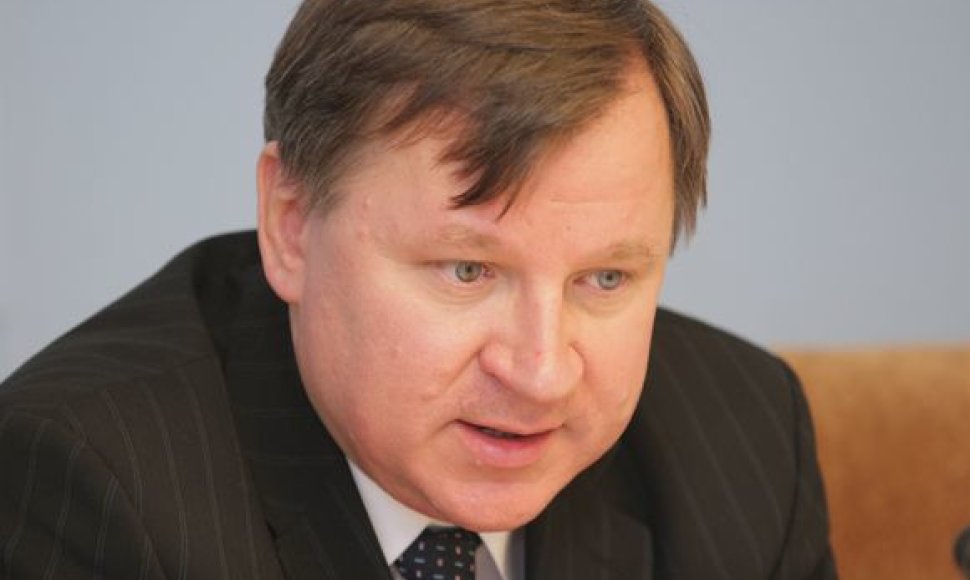In his words, diplomats, parliamentary figures and representatives of public organizations said that Putin's return to the Kremlin was not aimed at bringing change but, instead, at stabilizing the country in the situation it is in now.
"There is one conclusion that diplomats and many parliamentary representatives agreed on - and it is that the transitional period in Russia was over. If you think that Russia could achieve more democracy and liberalism, the prevailing opinion is that this will not happen. Putin's Russia is what he needs, and now he will work to keep it this way," Vareikis told a Vilnius news conference on Friday.
He also noted that laws had recently been changed in Russia to allow easier registration of new political parties, which could undermine the opposition. "There are no serious forecasts of the consequences, there are opinions that this will shatter the opposition, as every opposition leader or minor leader will now attempt to found a party of his own," the Lithuanian MP noted.
In his words, Russia's power is largely dependent on its military potential, it is also the wealthiest country in terms of resources, and, in Vareikis' words, "things are good until there are sufficient resources, until there's something to sell and there are pipelines." Nevertheless, he said that Russia's weakness was that the state resources were far from every-day lives of ordinary people.
Speaking about Lithuanian-Russian relations, the MP said that Russia "would do some intimidation and some luring," as it has done in the past.
He noted that Lithuania should understand very clearly "the part of the world it is in and the side it is on." "Let me restate the things that have been repeatedly said by our politicians – the more America we have here, the less Russia there will be, consequently, we need as much Western Europe here as possible," he noted.
Putin was elected Russia's president with 63.75 percent of the vote in the first round of election in March. He has already served in the Kremlin for two terms in the 2000-2008 period and worked as the prime minister for four years after that.












